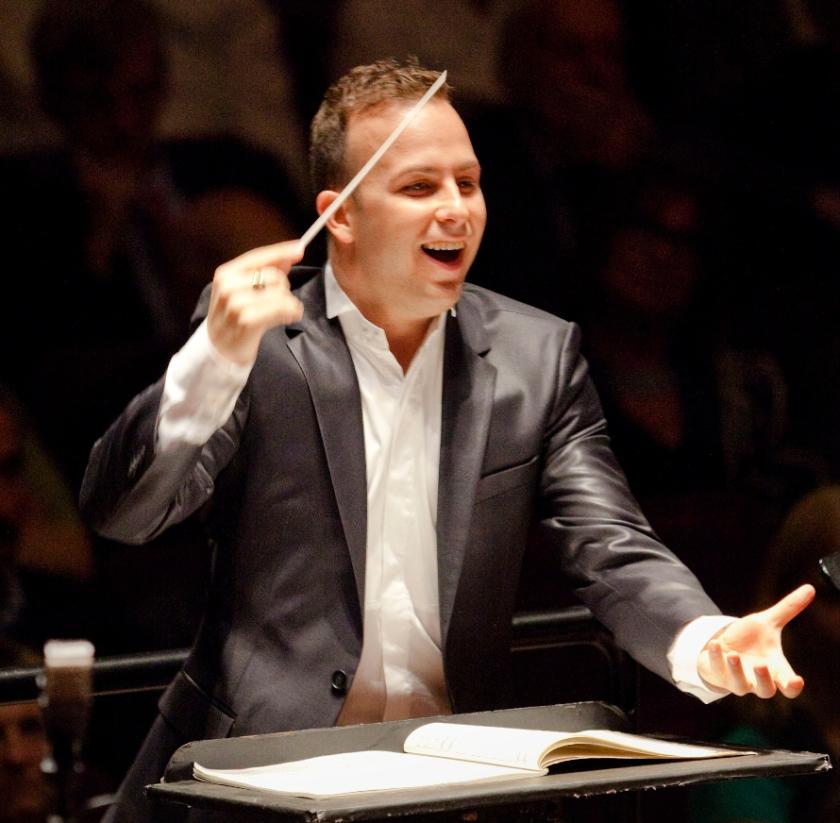Music lovers invariably divide into two factions over the Brahms piano concertos: those who thrill to the elemental D minor and those who prefer to bask in the more reflective charms of the sumptuous B flat Second Concerto. I’m a D minor man myself, secretly convinced that the four-movement Second would prove a far more startling piece if it began with the second movement. But then again it depends who plays it and Lars Vogt with Yannick Nézet-Séguin and the London Philharmonic Orchestra seemed to find new dimensions in its extravagant elaborations. It had to do with variety and atmosphere and, most of all, shaping.
Vogt and Nézet-Séguin are kindred spirits in that regard and in page after page of the lengthy first movement Vogt took his cue from the balmy opening horn solo and leaned back from the keyboard part discovering a finely shaded beauty in its shifting colours where so often a uniform pomposity prevails. How bloated and grandiloquent this first movement can sound and how transparent and intriguing it was here. The driving second movement suddenly belonged in the four-movement scheme with its glorious trio theme truly opening up at the heart of it. Rarely have I heard the rather cloying cello theme of the slow movement - exquisitely played here by principal Kristina Blaumane - sound so inviting or the piano’s musings so glacial and half-remembered. The sense of reverie, of bitter-sweetness, of a searching unrequitedness completely changed one’s perspective on the piece as a whole - and we can’t ask for more than that, can we?
It was the way in which this conductor gave full value to the length of phrases that gave the piece its expansive and expensive qualitySpeaking of searching - is there anything in music more expectant, more mysterious, than the darkling opening measures of Schubert’s "Unfinished" Eighth Symphony? Cellos and basses pose their unanswered question, violins respond with another. Tremulous anticipation ensues. Nézet-Séguin deepened the mystery by simply drawing us in to the hushed dynamics and thereafter songfulness vied with turbulence in equal measure. That magical transition into the first movement development was as breathtaking as it was surprising and in the dramatic pages following Schubert momentarily became Bruckner. Limpid woodwind-playing entranced throughout.
And so young Strauss’s amorous alter ego Don Juan swept into the hall, his virility as much reflected in the uplift as the vigour of the opening theme. Nézet-Séguin and the LPO displayed total identification but again it was the way in which this conductor gave full value to the length of phrases that gave the piece its expansive and expensive quality. The exquisite oboe theme at its heart nestled in luxuriant accompanying strings and when the Don’s egocentric horn theme returned in one last bid for true love the effect was pretty overwhelming.













Add comment